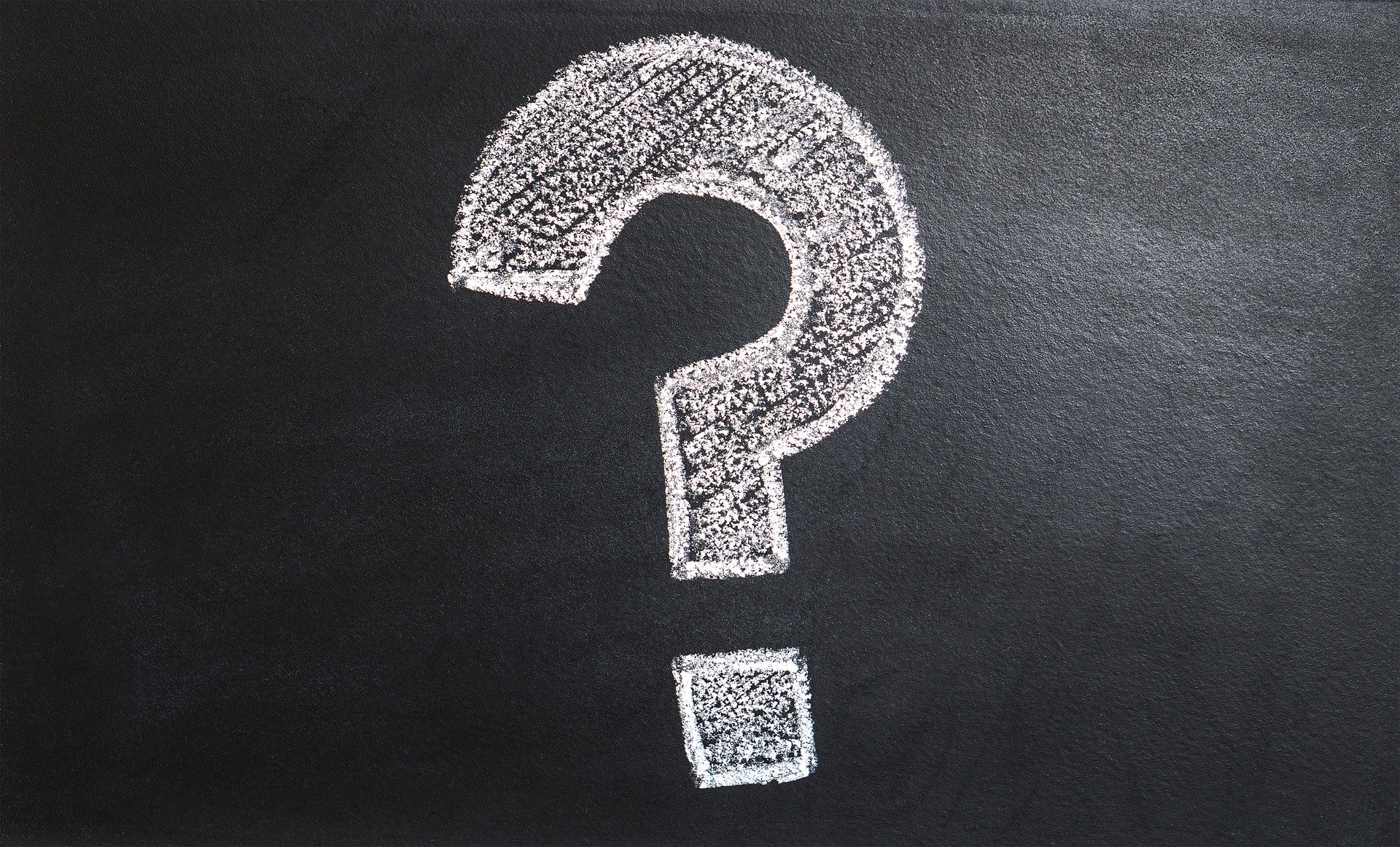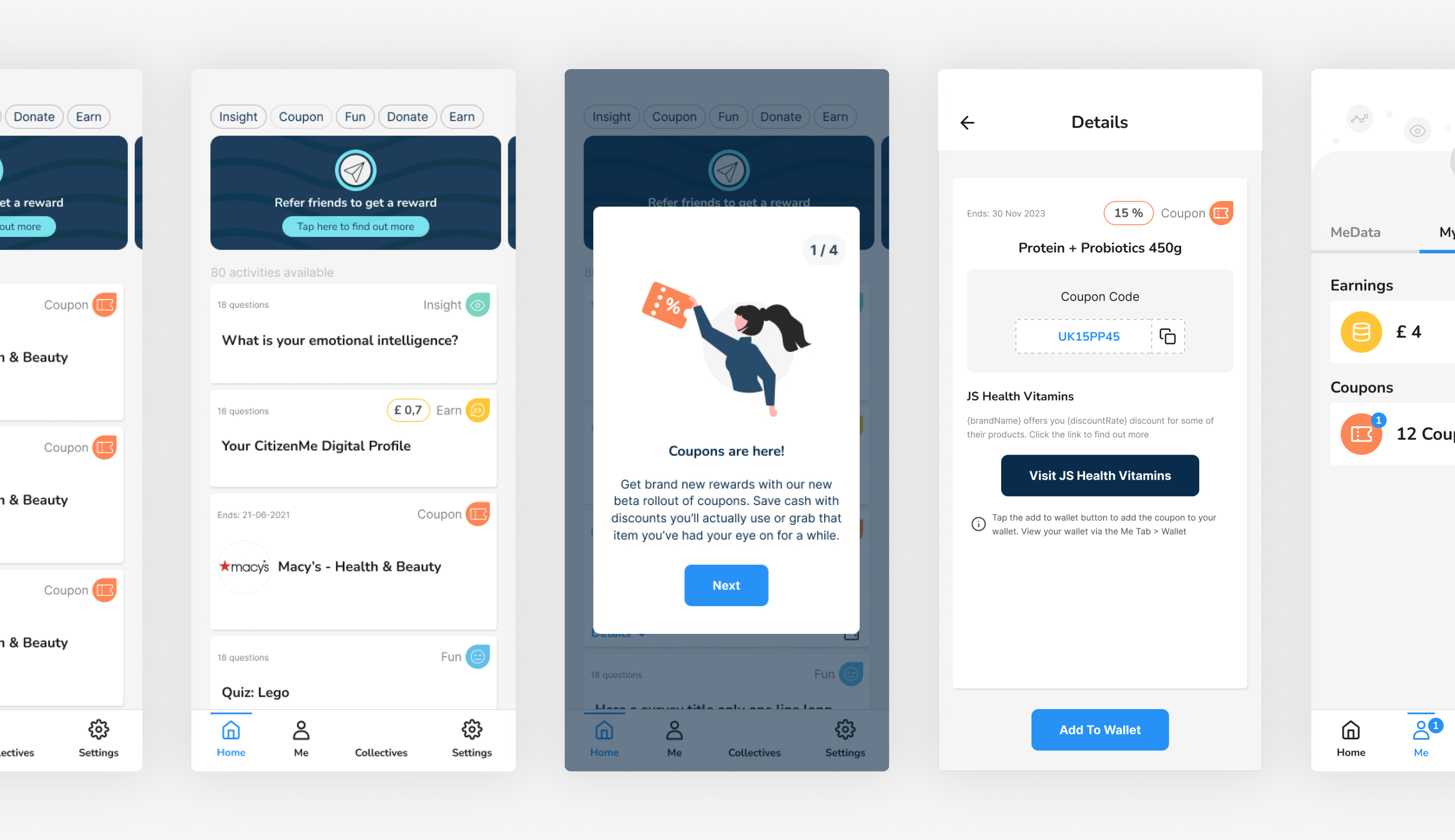
The Challenge of Defining Personal Data
The Challenge of Defining Personal Data https://www.citizenme.com/wp-content/uploads/2019/11/question-mark-2123967_1920.jpg 1920 1162 Claudia Velilla Claudia Velilla https://secure.gravatar.com/avatar/703103b9d81e1bfd68fb7e289b8ed38a?s=96&d=mm&r=gThis interview clip from Wonk Bridge’s article on ‘Bringing the Power of Data Back to the People’ focuses on the current challenges in defining personal data.
Is there a problem in defining what personal data is right now?
We have this increasing amount of data – the question is, what do you do with it? Where do you put it?
But even before you think about this, the real value of data appears when you start connecting the dots to create insights. In terms of ownership of data, we still have some obstacles to overcome, for example, framing the issue and concepts around data.
We tend to look at it in the perspective of an industrial era, where, if I have one cup of coffee and I give it to you, then we can’t both have it. However, in a digital world, there are many copies of something. If I put a picture up, there are thousands of copies.
Personal data replicates. In an industrial world, to replicate something takes energy. In a digital world, to stop something replicating takes energy. The natural state for data is hence to replicate out and copy. To stop that happening, you need to put something in place that won’t allow it. And this is a very different way of working for the world.
We need a framework for ownership of personal data, and the best way of seeing it is to think of personal data as a memory. The interviewer and StJohn both have a memory of this discussion, and they have come to it with different experiences, background and expertise. They have a different take but each perspective has its own value.
We did manage to track the memory in the two cameras – wouldn’t it be easier to legislate on the tracked memory?
“You could take all these captured memories and put them into an auto-biography, then license that up. And I could do the same thing with my collective memories. My collective memories, as an insight, will have a different meaning for people reading those autobiographies than the ones who are reading your insights will have to them. It is the collection of those memories, with how you tell the story of the insights and how they connect together, that is the powerful piece. In terms of capturing our discussion, we have agreed to capture it and license it”.
CitizenMe believes that the value of memory emerges from the collection of those memories. Just like biology emerges from chemistry, the real power and wisdom of data comes from the combination of data points emerging into wisdom.
This interview clip is just one part of our story, so watch out for the next bit! And if you missed the fifth interview clip, check it out here.
Join us as a Citizen or client today! If you have any questions or would like more information, don’t hesitate to contact us at hello@citizenme.com.
- Post Tags:
- #Customer Reearch
- #future
- AI
- big data
- CitizenMe App
- CitizenMe Community
- citizens
- Data
- data economy
- Data Ethics
- Data Privacy
- Data Science
- Decentralised Data
- Democratising Data
- Digital Citizenship
- Digital Rights
- Ethical Data
- GDPR
- Human Data
- insights
- Machine Learning
- Privacy
- Survey
- Terms of Service
- Transparency
- Trust
- Posted In:
- Business blog
- Citizen blog
- Uncategorized





